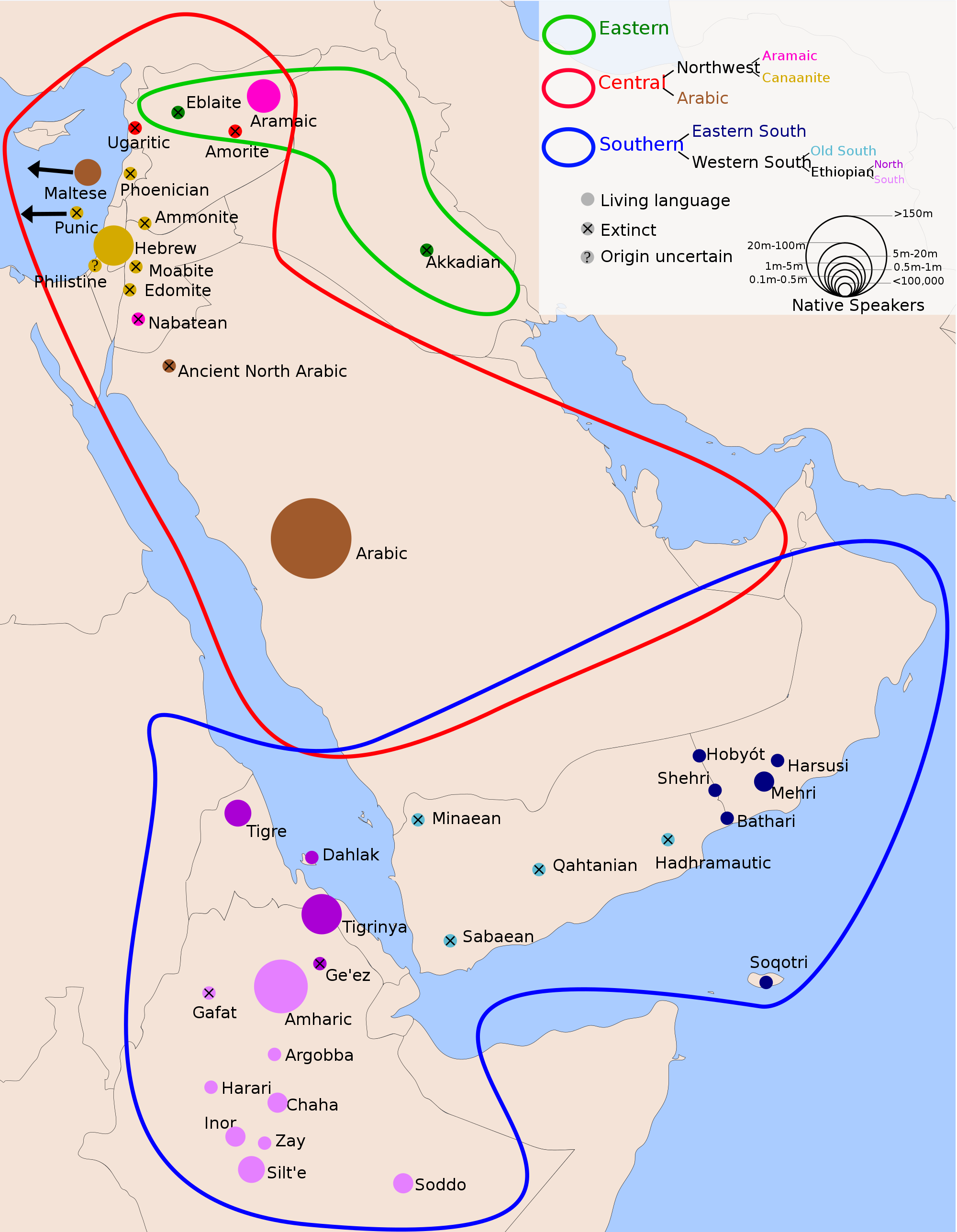Source:
http://www.academia.edu/2326496/The...f_its_Reflection_in_the_Archaeological_Record
Natufians anyone? Not only that, but the earliest cattle culture in Arabia is known as the Circum-Arabian Nomadic Pastoral Complex or CANPC dubbed by archaeologist Jaris Yurins. Some scholars claim the ancestors of the CANPC to be the Harifians who settled northwest Arabia from Egypt during the Mesolithic. Like I said back and forth migration.
So one should question how non-tropically adapted those who spoke early central Arabic were?
The bolded is incorrect as pointed out.
And yes indeed arguing whether Arabians(not Arabs) were black or not is a tricky argument.
The source hints to other Arabs besides Tippi Tip. But anyways here's another source saying the samething...
M.C. Zilfi says in Women and Slavery in the Late Ottoman Empire (2010):"Discrimination based on color was not unknown in these regions, but in many respects, black Africans seem not to have been worse off than free Arabs from the less pedigreed tribes. In any case, many free Arab tribesmen of long lineage were phenotypically indistinguishable from black Africans."
Recall, Al-Jahiz: "Our blackness, O people of the Zanj, is not different from the blackness of the
Banu Sulaym and other Arab tribes we have mentioned."
There is hardly any historical evidence that he had an African/Zanj grandfather. Nada. His grandfather being Zanj is just a way to explain away his blackness. It is actually stated that he is of the Banu Kinanah tribe, which is one of the largest. But more importantly Arabs are patrilineal so there's no way his grandfather couldn't be arab unless he lied which is highly doubtful and pure guess work. African from his mother's side is more likely, but again only speculation.
Not only that, but in his book he makes it known that he is not Zanj/African, by the way he interviews the Zanj.
Not only are those two quotes contradict hin being African/Zanj, but you posted them out of context. They most likely reflect a time during the Zanj rebellion or when the Zanj were commonly slaves. Al Jahiz was just siding with his people, but more importantly the degrading quotes are only in reference to the Zanj, NOT all blacks. Some scholars have foolishly translated Zanj in the text as to mean all blacks. If we were to replace the greco-roman terms for goth or vandal with "white" then we might conclude the greeks and romans were racist against whites.
Al Jahiz mentioned all groups he considered to be apart of the black "race" as stated here:
- The Boast of the Blacks against the Whites
Clearly these other "blacks" were NOT apart of the degrading.
But I think its fair that we don't forget these texts on how he felt about the Zanj.
Goes back to my point that the two texts you posted were most likely due to the result of the Zanj rebellion where the Zanj were antagonized. Speculation, but it connects the dots.
And then you have this...
And we also can't pretend these don't exist... Which are also early.
Al-Tirmidhī (d. 279/892) in his Jami’ al-Ṣāḥīḥ reports on the authority of the famous Companion of the Prophet, Anas b. Malik:
- “The Messenger of Allah was of medium stature, neither tall nor short, [with] a beautiful, dark brown-complexioned body (ḥasan al-jism asmar al-lawn). His hair was neither curly nor completely straight and when he walked he leant forward.” (VI:69 no. 1754)
[According to Ibn Athīr, al-sumra’s ‘blackness’ predominates over its ‘whiteness’ (al-sumra alladhī yaghlibu sawāduhu alā bayādihi), and al-Taftāzānī (d. 792/1390) reports in his al-Tahdhīd:
- ‘al-sumra…is a color inclining to a faint blackness (sawadin khafiyin), as in the description of the Prophet: he was brown complexioned (kāna asmar al-lawn)…”
IIRC Ibn Majjan was not Arab, but Persian and came from a later date. I could be wrong.
You welcome.



